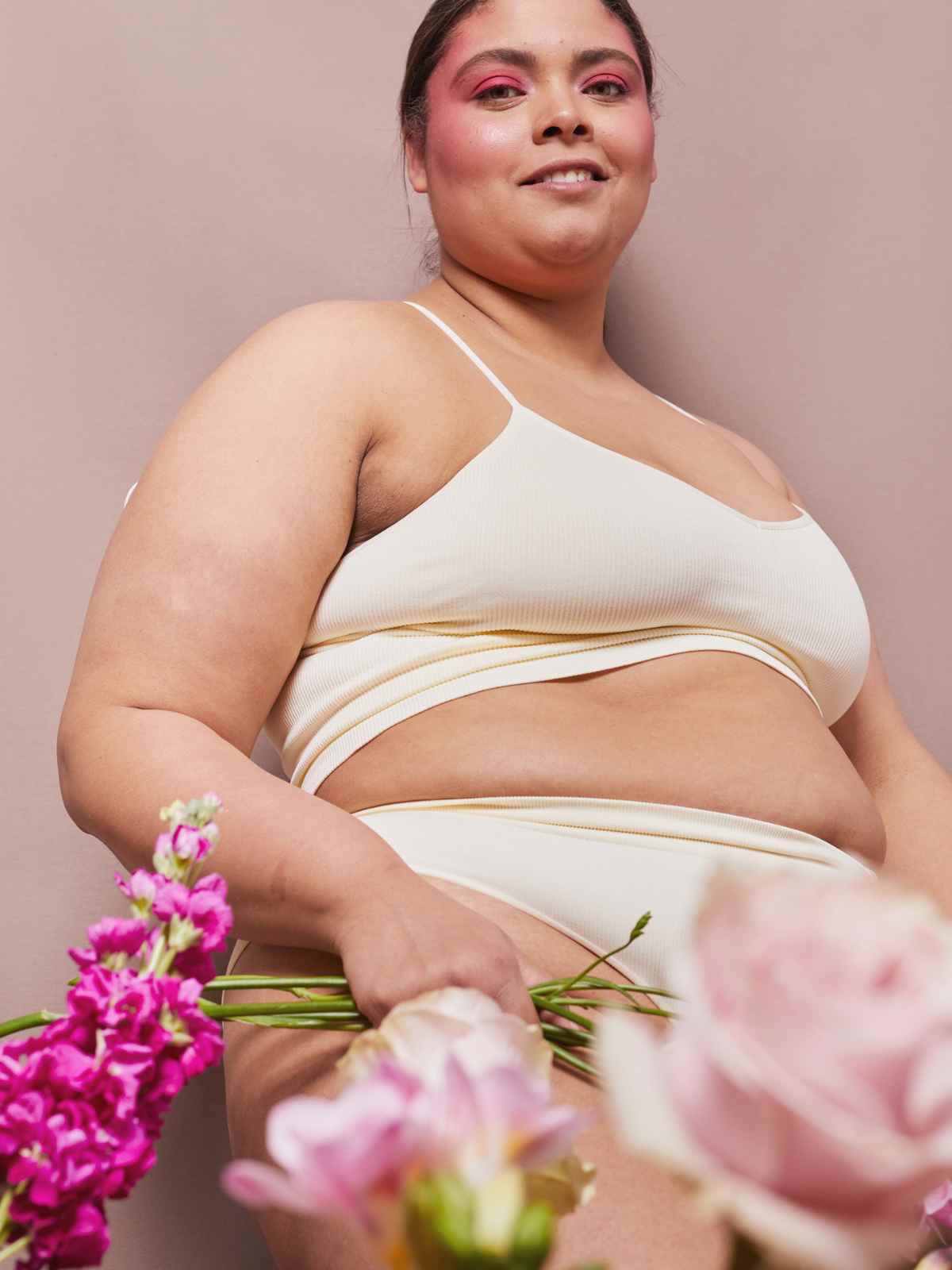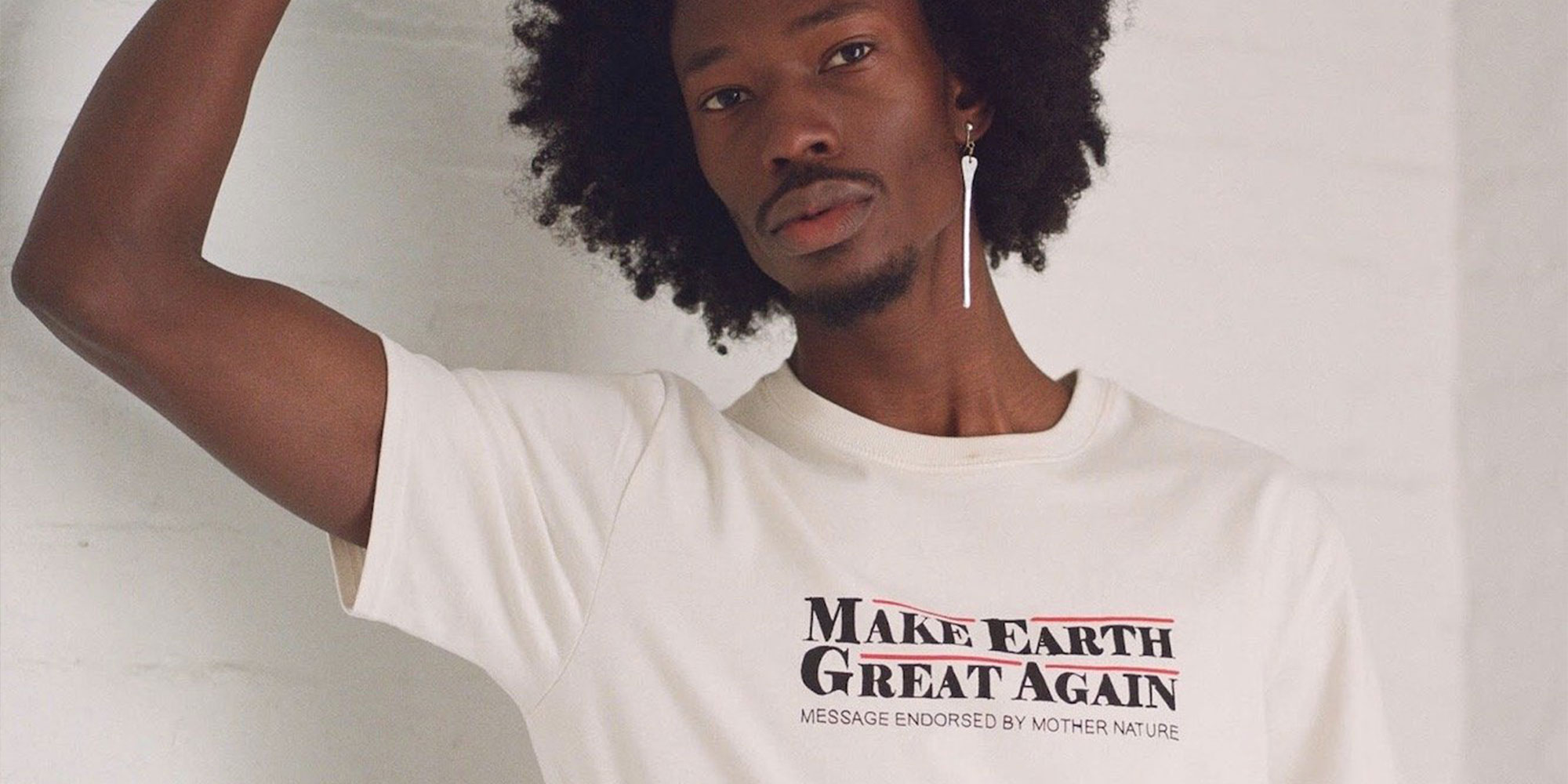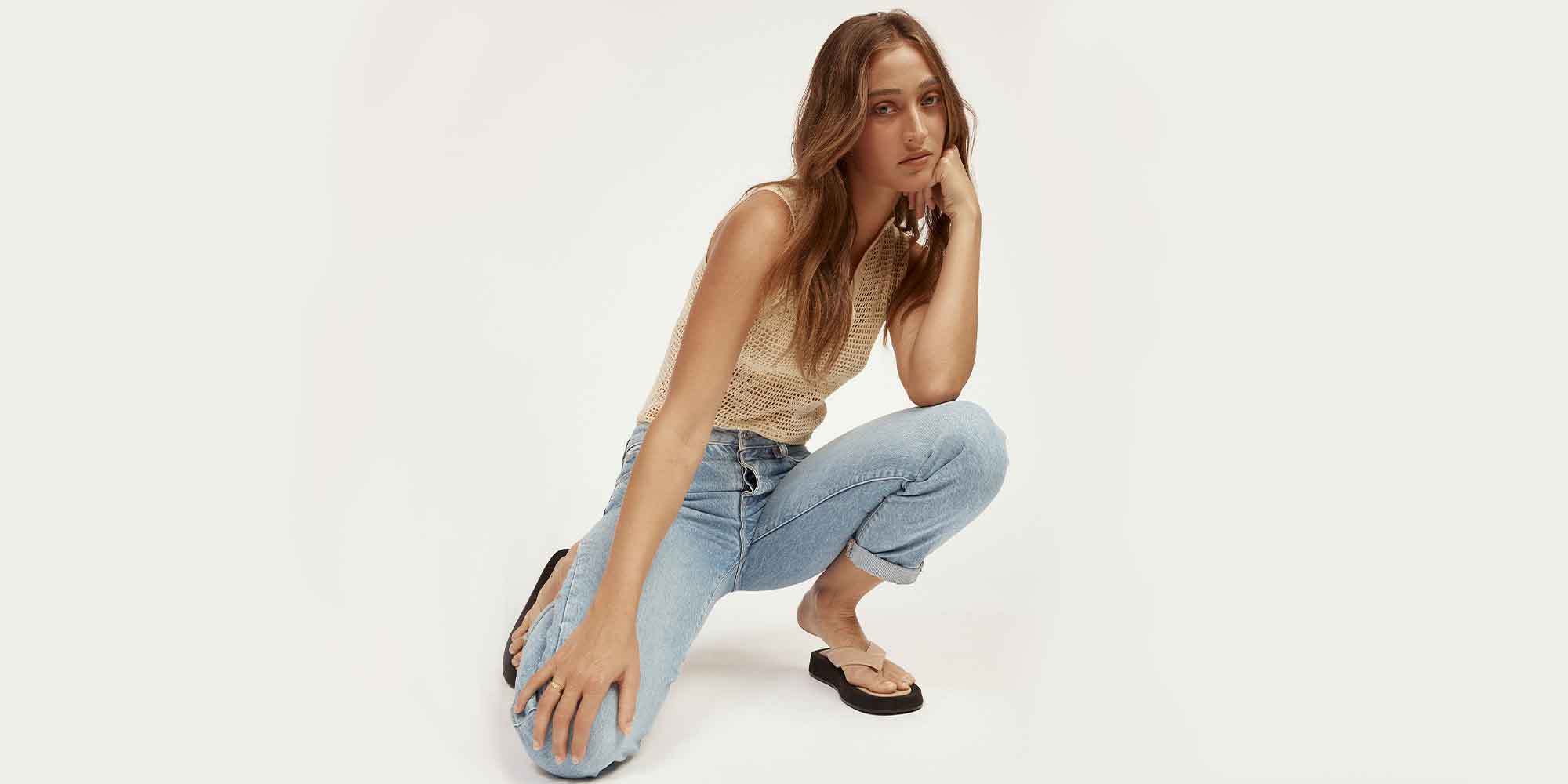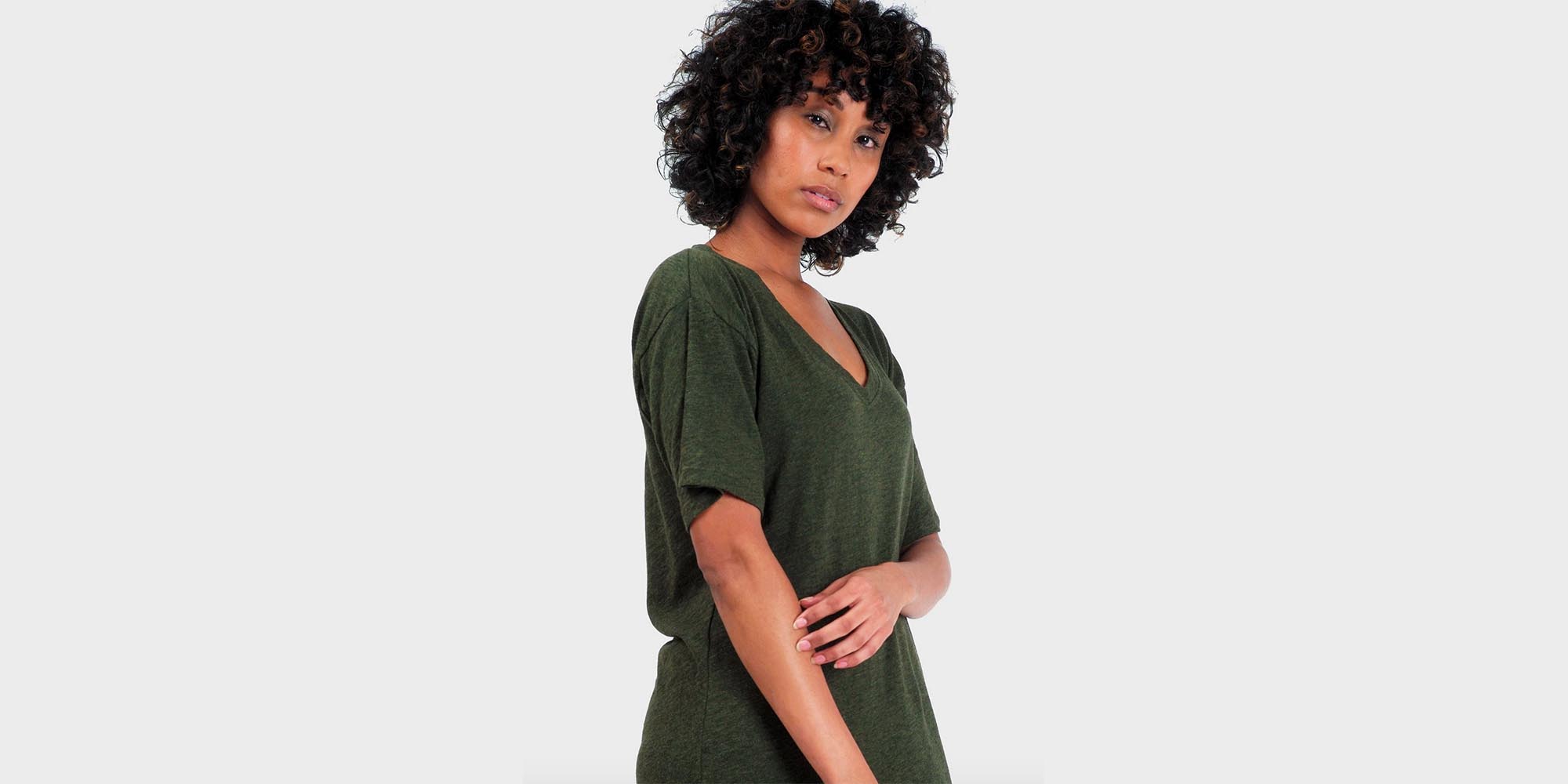Our editors curate highly rated brands that are first assessed by our rigorous ratings system. Buying through our links may earn us a commission—supporting the work we do. Learn more.
New Zealand fast fashion retailer Glassons claims to focus on sustainability across its production, but is that true? Is Glassons ethical or sustainable? This article is based on the Glassons rating published in April 2021.
Landing on the homepage of New Zealand fashion brand Glassons presents a bit of a conundrum for conscious fashion lovers. On one hand, trends, “all new everything”, and low prices are plastered across the page. On the other hand, eco buzzwords like “planet conscious” and “sustainability” hint at something deeper.
Glassons is seemingly committed to reducing its impact with phrases like “[it is] our responsibility to bring affordable fashion to our customers both ethically and sustainably” and a detailed series of pages dedicated to materials, certifications, and more. At first glance, it would seem to be a good choice for the welfare of people, the planet, and animals.
We did the digging for you to figure out if the brand is practising what it preaches or if it is simply greenwashing. So, how ethical and sustainable is Glassons? Let’s take a look.
Environmental impact
The environment appears to mean a lot to Glassons. It has pages dedicated to outlining its plans to move towards a higher percentage of more sustainable fabric options across its range, with dates ranging from 2020-2022. For the untrained eye, it all sounds quite promising. And while we do commend the brand for its plans and transparency, we’re interested in how it treats the planet right now.
Unfortunately, Glassons is “Not Good Enough” for the environment. While it has introduced a level of eco-friendly materials like recycled cotton into some of its collections and reuses some offcuts to minimise textile waste, there is no evidence it reduces its carbon and other greenhouse gas emissions in its supply chain, nor does it appear to implement water reduction initiatives. And the biggest red flag of all? Glassons produces countless garments at low prices, perpetuating overconsumption and cementing itself as a fast fashion brand—an inherently unsustainable business model.
Labour conditions
When it comes to people, Glassons is vocal about taking ethical manufacturing “very seriously” and only partnering with factories from whom they “demand high standards and transparency”. The brand does appear to audit some of its supply chain and discloses policies and safeguards to protect suppliers and workers from the impacts of COVID-19. However, there is no evidence it has worker empowerment initiatives such as collective bargaining or rights to make a complaint. It also sources its final stage of production from countries with extreme risk of labour abuse.
On the crucial topic of living wages, we can credit the brand with being transparent that it pays minimum wages but recognises that “a minimum wage does not meet what would be defined as a living wage”. They claim to be working towards closing the gap, but as it stands, there is no evidence Glassons ensures payment of a living wage in its supply chain. For these reasons, we have also deemed Glassons “Not Good Enough” for workers.
Animal welfare
Finally, how does Glassons treat the sentient creatures we share the planet with? While the brand has a basic formal policy to protect animal welfare and doesn’t use fur, down, exotic animal skin, or angora, it does use leather, exotic animal hair, and wool. There is also no evidence it traces any animal product to the first stage of production. Glassons is also rated “Not Good Enough” for animal welfare.
Overall rating: Not Good Enough
So, how ethical and sustainable is Glassons? Overall, we rate Glassons “Not Good Enough”. While we commend the brand for taking steps to outline its plans for more ethical and sustainable production, we would love to see it implementing these commitments across its supply chain. The brand could see its score improve by shifting more of its material use to eco-friendly alternatives, ensuring labour rights and payment of a living wage, and reducing its use of inherently unethical and unsustainable animal-based fabrics.
Note that Good On You ratings consider 100s of issues, and it is not possible to list every relevant issue in a summary of the brand’s performance. For more information, see our How We Rate page and our FAQs.




























